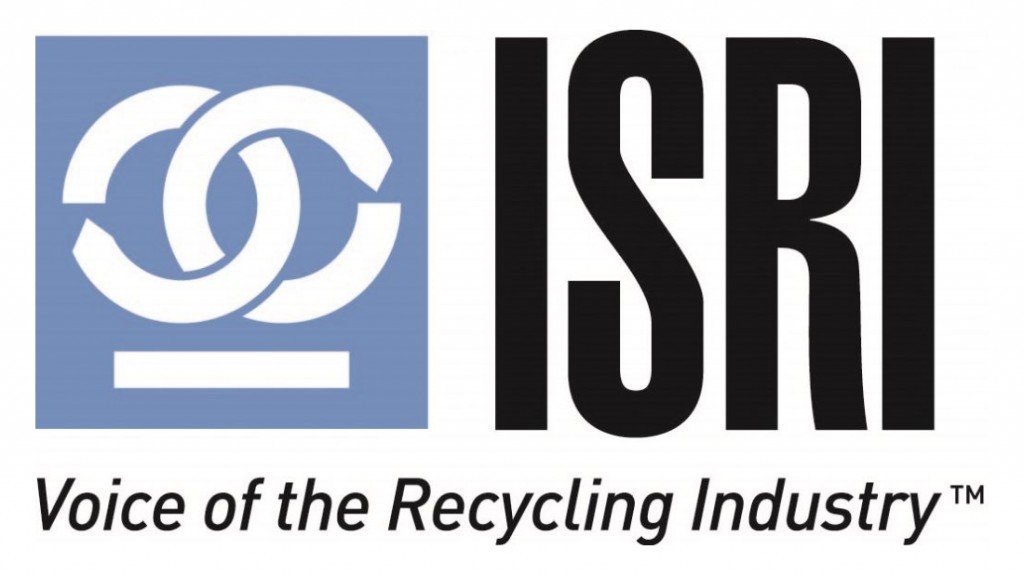
The Institute of Scrap Recycling Industries (ISRI) has updated its policy position on free and fair trade.
It is the position of the ISRI to:
• Support and facilitate free and fair trade;
• Support trade agreements that encourage free and fair trade;
• Support export and import laws and regulations and encourage them to be developed in consultation with industry that are consistent with ISRI's policies, positions and globally accepted specifications;
• Advocate for initiatives that enable the efficient movement of commodities through the global supply chain;
• Support responsible scrap commodity trade;
• Oppose unfair or illegal trade practices, including illegal imports and exports.
Recyclable materials are sustainable commodities that have value and are sold in the global marketplace, according to ISRI's globally recognized specifications, as a raw material that reduces the environmental impact of using virgin materials for manufacturing.
More than 40 percent of global manufacturers' raw materials needs are met by the ready supply of recycled commodities. The scrap recycling industry is the first link in the global manufacturing supply chain and is thus dependent upon both a healthy domestic manufacturing base and access to global markets.
Worldwide, more than 900 million metric tons of recyclable materials are consumed each year globally, and more than 25 percent of that amount constitutes cross-border trade.
Additionally, ISRI's updated policy emphasizes that scrap commodity trade is a shared responsibility between recyclers, importers, governments, and inspection agencies, with each serving an essential role in ensuring commodity grade materials are processed and repurposed properly.



